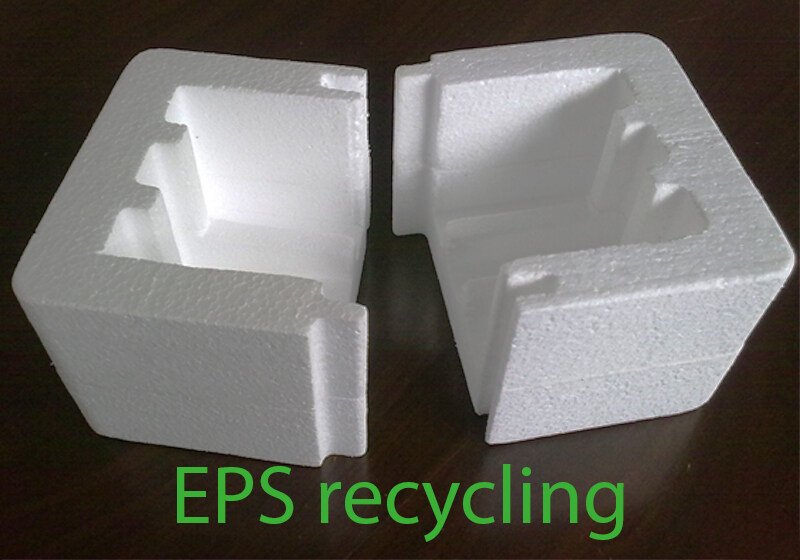Email cannot be empty
Password cannot be empty
Email format error
Email cannot be empty
Email already exists
6-20 characters(letters plus numbers only)
The password is inconsistent
Email format error
Email cannot be empty
Email does not exist
6-20 characters(letters plus numbers only)
The password is inconsistent


Recycling is the most important measure for environmentally harmless practices, also known as resource recycling technology. Currently, many research institutions both domestically and internationally are conducting studies on the recycling of Expanded Polystyrene (EPS). Some have reached practical levels, while others face various issues, remaining in the experimental or small-scale trial stages.
There are several processes for the thermal melting recycling of EPS: One process involves subjecting discarded EPS foam plastic to constant temperature baking at 140°C to 190°C, causing shrinkage and foaming removal. After cooling, the material is crushed. It is important to note that when the material undergoes propane foaming, flammable gases are produced during baking. Effective exhaust measures should be taken, and attention should be given to production safety. The semi-crushed EPS material is extruded through an extruder and passed through a 60 mesh to 80 mesh filter. The melted EPS is extruded into strips from the die head, cooled and solidified in the cooling tank, then dried and cut into granules using a granulator. The process flow is as follows: discarded EPS → washing → drying → crushing → forced feeding → extrusion and molding → cooling → granulation → packaging.
Another process involves crushing the edge scraps first and then using a screw feeder to force the foam particles into the extruder screw. After heating, melting, extrusion, pulling, cooling, and cutting, the material becomes recycled granules.
If you need more information on EPS recycling and granulation extruders, feel free to contact us at any time.